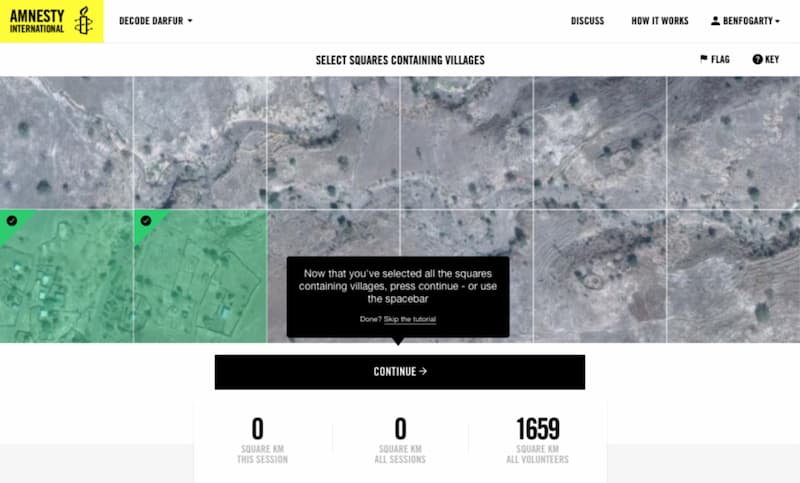New paper: “Data witnessing: attending to injustice with data in Amnesty International’s Decoders project” in Information, Communication & Society
February 20, 2019

Information, Communication & Society have just published an article that I wrote on “Data witnessing: attending to injustice with data in Amnesty International’s Decoders project”. The article is open access and the abstract and full reference are copied below.
This piece would not have been possible without the time and input from the list of people mentioned in the acknowledgements section of the article, to whom I’m most grateful. You can find out more about the current work of Amnesty Decoders here.
Gray, J. (2019). Data witnessing: attending to injustice with data in Amnesty International’s Decoders project. Information, Communication & Society, 1–21. DOI: 10.1080/1369118X.2019.1573915
Data witnessing: attending to injustice with data in Amnesty International’s Decoders project
The concept of witnessing has been used to explore the construction of evidence and experience in settings of law, religion, atrocity, media, history and science. Recent research has examined how digital technologies may multiply the involvement of remote, non-present and unanticipated actors in the witnessing of events. This paper examines what digital data practices at Amnesty International’s Decoders initiative can add to the understanding of witnessing. It introduces the notion of ‘data witnessing’ with reference to four projects on (i) witnessing historical abuses with structured data from digitised documents; (ii) witnessing the destruction of villages with satellite imagery and machine learning; (iii) witnessing environmental injustice with company reports and photographs; and (iv) witnessing online abuse through the classification of Twitter data. These projects illustrate the configuration of experimental apparatuses for witnessing injustices with data. In contrast to accounts which emphasise the presence of an individual human witness at the scene, Amnesty’s data practices are conspicuously collective and distributed, rendering the systemic scale of injustices at a distance, across space and time. Such practices may contribute to research on both (new) media witnessing and data politics, suggesting ways in which care, concern and solidarity may be constructed, structured, extended and delimited by means of digital data.